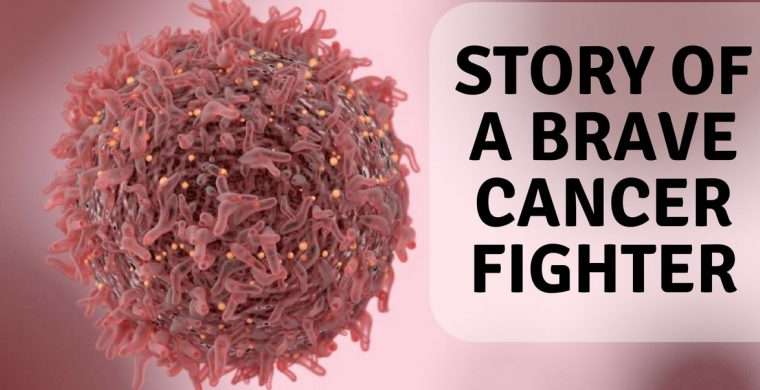
This is the story of a young woman who was just in her early 30’s who had repeated episodes of pain in her abdomen. It is about how the prevailing pandemic and a sense of neglect paid havoc in her life.
The woman in the story just settled in her life and had a girl baby of 1.5 years. She had repeated episodes of abdomen pain and she thought it was acidity that was causing the pain. The doctors she visited prescribed her medicines for acidity. Her pain would not subside and it became an almost daily affair. None of the medicines she took for acidity or stomach pain would be of effect. When the pandemic struck, she could not do much but resort to home treatments for her lingering stomach pain. Nothing came to her rescue. Her family went to the extreme step of suspecting that she was possessed by something evil and visited temples to see if she can recover from the malaise.
Once the lockdown was relaxed she visited another physician who rightly advised her to get an ultrasound report. She did it but unfortunately, her ultrasound report did not show up what is inside.
She then presented herself to me because her worsening pain was not going away. When she came to me with the bunch of her medical records and pleaded that she want to live her life for her daughter, I was saddened. She was in tears and had premonitions that something bad has happened to her. I relaxed her and asked her to undergo a CT scan of her abdomen. Though my physical examination and the time I spent with the patient understanding her symptoms did not quite tell me anything normal, I was only hoping that it should be a simple gallstone issue.
The CT scan of the abdomen revealed that the patient had pancreatic cancer which has already spread to the liver with distal metastasis. After evaluating thoroughly, I said with a heavy heart that only palliative treatment could be recommended at this stage. It is indeed not a good feeling for any surgeon to tell a patient that they are in their terminal stage. She thanked me for diagnosing her medical condition correctly.
It should be noted that many doctors did not suspect anything unusual because of her young age and they prescribed her medicines for her stomach pain. Also, some young patients pretend they are ill due to some psychological issues and doctors would also look for consistencies or inconsistencies in symptoms while they talk to the patients to find if they are pretending or malingering. So there is a possibility that those doctors would have thought that the patient is malingering. But as a ground-rule doctors should always take the symptoms expressed by the patients seriously, investigate for any underlying conditions and then only rule out that they are malingering. I would always say that the patients are always right.
The moral of this story is many young people think that they will just have gastritis or acidity if they have pain in the abdomen. If pain in the abdomen persists even after repeated medications then it needs some serious looking into. Also if a doctor asks for reports like ultrasound or scan, it is imperative to know that a complete investigation goes a long way in getting to the root cause in the early stages. In this case, an earlier diagnosis could have prevented a metastasis. Also, this story gives a lesson that a family should listen to their members’ health-related complaints with utmost urgency.


